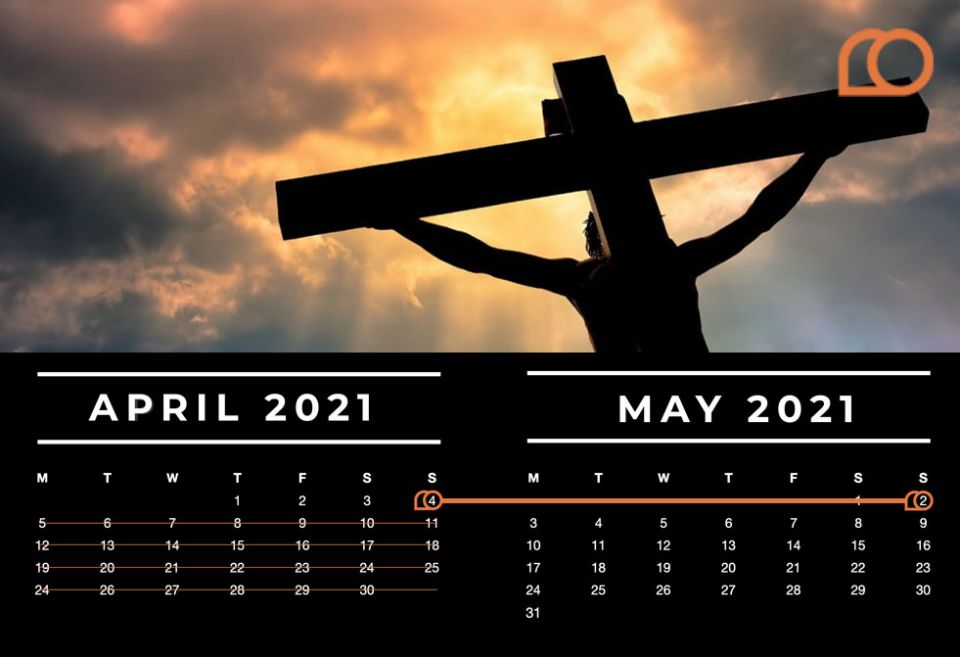There are so many reasons why this is a difficult topic, a dry topic, a technical debate that rarely reaches the grass root level of Christianity. Before we jump briefly into science and the vernal equinox, we need to understand the magnitude of what we are talking about.
A unified date for Easter would not only affect Christians at large but all citizens in the around 95 countries who celebrate Easter. Although Easter is a movable feast in the Christian calendar, an agreement amongst the approximately 2.2 billion Christians in the world on the date of celebration, would be newsworthy indeed.
The council of Nicaea in 325 recognized the need to unify the date of Easter for two reasons. The unity of the Christian community and its witness to the world. Whilst we greatly respect Christian tradition and diversity, we wholeheartedly agree with the gravity of their thinking.
The council succeeded in this unification, however the Julian calendar used by Christians in the fourth century became scientifically outdated. Pope Gregory XIII reformed the calendar making the equinox fall on March 21st ensuring an early spring Easter Celebration. The new standard was primarily adopted in the West and so the work of Nicaea was undone.
It is our great honour and privilege to highlight the work of collaborator and supporter of the JC2033 project His Eminence, Orthodox Archbishop, Job of Telmessos who is engaged in continuing high-level discussions working towards a common date for Easter.
He is proposing that 2025 would be a good year to implement this change as it marks the 1,700th anniversary of the Council of Nicaea. It is also a year when the Eastern and Western dates of Easter align.It is encouraging that His Eminence, Cardinal Kurt Koch, President of the Pontifical Council for Promoting Christian Unity welcomes the proposal on behalf of the Catholic Church. What a wonderful opportunity this would be for the start of a common date of Easter so the worldwide churches can celebrate the resurrection together. Despite our many differences, we can manifest unity of faith, as a witness to the world.
We encourage you to be informed and pray for a global agreement. Pray for Archbishop Job and the many involved in discussing this far-reaching proposal. While many embrace the spirit of Nicaea, it will take much prayer, faith, and dialogue to move to a common formula and shared date for Easter.
In this eNews blog post, we present this further in-depth article reporting on the work of Archbishop Job in this area.
One faith, two calendars: Date of Easter still on ecumenical agenda - By Cindy Wooden
We also offer a short video clip of Job from our Easter Resurrection Prime Time broadcast, where he discusses the date of Easter.
Previous - Emad opens the Door to the Arab World
Main Image - Calander 2021 showing the different dates of Easter in the East and West.



